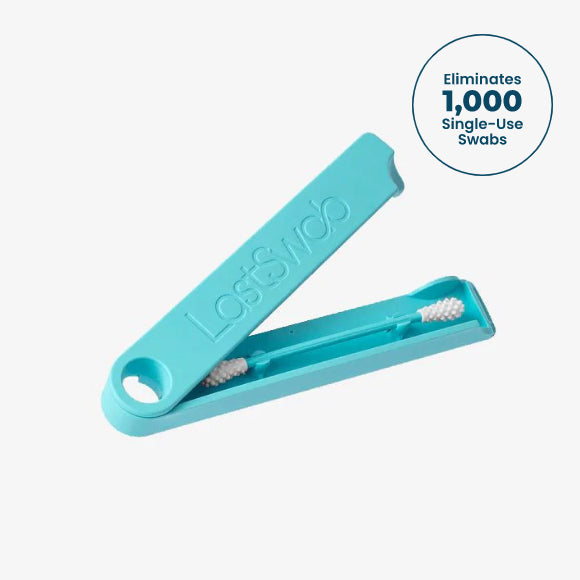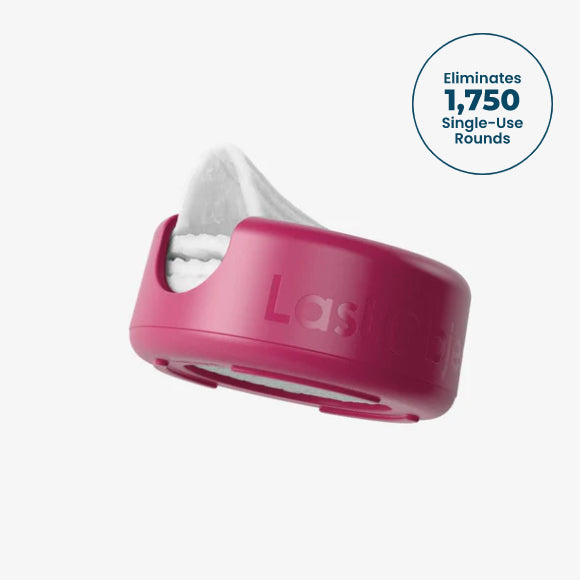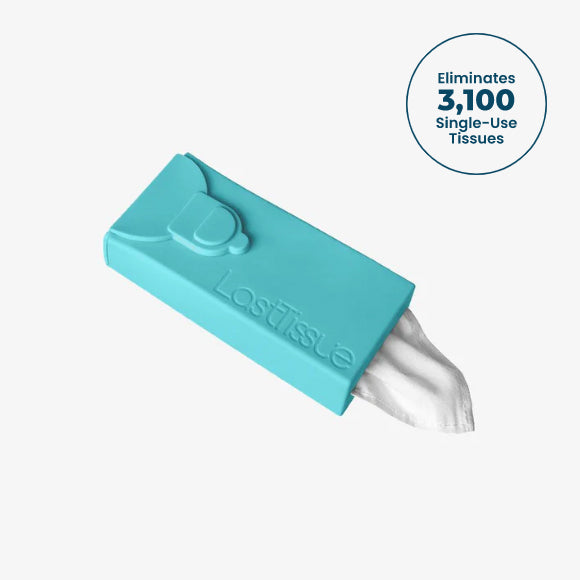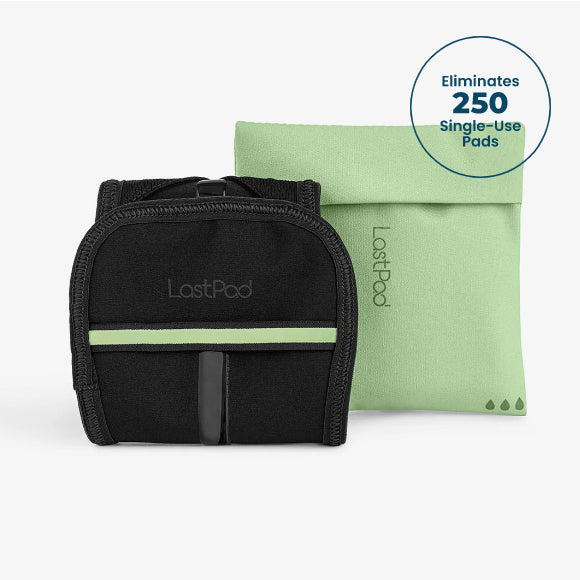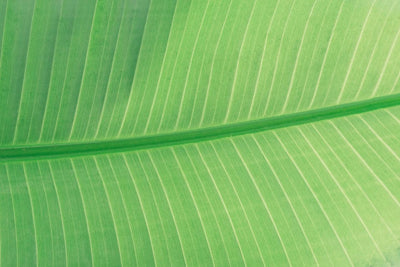Why We Call LastSwab's Case Plant Based, Instead of Biodegradable
May 11, 2020At LastObject, we are proud to deliver products that provide solutions to single use issues in the world. We also try to remain cautious and transparent about the limits of a physical thing. Both in the sense that it won’t solve all the world’s issues and will also have a footprint in itself.
Because of our desire for transparency, we wanted to talk about why we are choosing to call LastSwab’s case plant based instead of biodegradable. This choice does two things, it gets rid of confusion and it emphasizes what is important about the case.
The confusion behind biodegradable plastics

As we’ve mentioned in an article about biodegradable plastics, there is a lot of confusion around what this means. Sadly, many companies don’t mind the confusion because it makes them appear more “green” either way.
When a plastic is labeled as compostable or biodegradable, rarely does that mean it can be simply thrown into a compost pile to break down. Much like “all natural”, there isn’t much regulation on these terms. This means it’s meaning is...kind of up to the company.
Biodegradable and compostable plastics usually require industrial level composting. Which is certainly better than a landfill, but the issue is, many places in the world do not offer this.
We would be doing our customers a disservice by taunting our industrially compostable product if most of them don’t even have that nearby.
That being said, if you do have this in your area, go ahead and throw our case in there, because our cases are made from plants!
Why plant based is good

While LastSwab’s case requires industrial level composting, it still has all the benefits that come from making a product from plants. An important one being, it’s not made from gosh darn oil!
An essential part of transitioning to a more sustainable world is eliminating our dependence on fossil fuels. This includes no longer making our plastics from oil.
Not only does making our cases from plants reduce our dependence on oil, it also makes the case toxin free. This means much more safety for us and the earth.
In the event that our case would wind up in the environment, it would take a rather long time to break down, but it would do so in a way that does not pollute or leach toxins, unlike regular plastics.
By making the case out of plants this is also choosing a more sustainable means of sourcing. Sure, the process of growing corn and other crops have their own impacts on the earth, but they are much better compared to extracting oil and processing it.
Nothing is perfect, but we will always strive for better
As we’ve learned throughout our articles, no decision is so easy and perfect, especially when we are talking about a physical good. There will always be a footprint associated with it. A Downside even.
By simply switching to a reusable version of something, this over time, will be better for the earth. And the more eco-friendly and high quality that product is, the more of a positive impact it will have on our footprint.
Plant based plastics are far from perfect and we want to remain transparent in pointing that out. But they are still a better alternative to regular reusable plastic, which is still a better alternative to single use plastic.
We hope to continue finding more innovative ways to improve our products and minimize their footprint while increasing their quality. As more technical ways develop to limit our footprint, we hope to also limit the confusion associated with them.
MORE LastObject News ARTICLES View all ›
Ready to make
the switch?
- Powerful Cleaning
- Dissolves Easily
- Skin-Friendly
- Eco-Friendly
- No Mess





